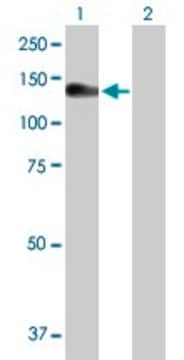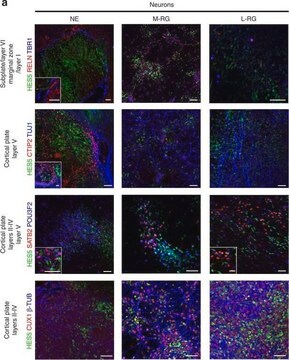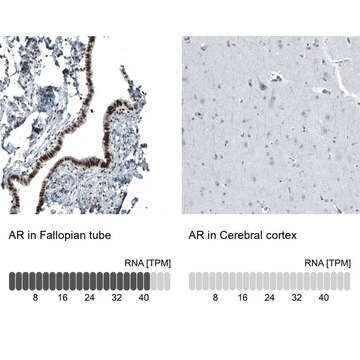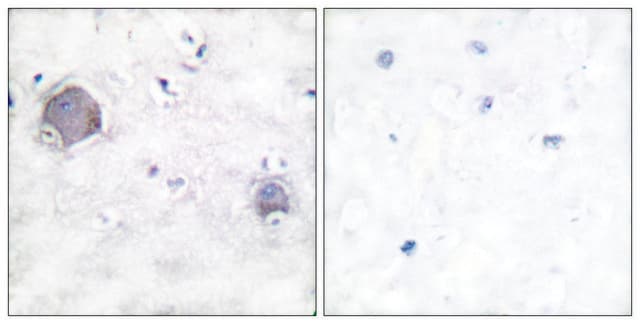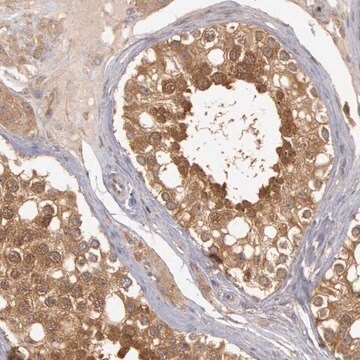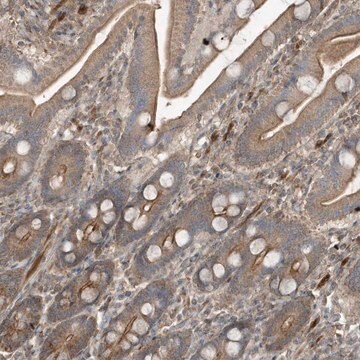04-145
Anti-NOD2 Antibody, clone 2D9
clone 2D9, from mouse
Synonym(s):
Caspase recruitment domain-containing protein 15, Inflammatory bowel disease protein 1, NLR family, CARD domain containing 2, NOD-like receptor C2, caspase recruitment domain family, member 15, caspase recruitment domain protein 15, nucleotide-binding ol
About This Item
IP
WB
immunoprecipitation (IP): suitable
western blot: suitable
Recommended Products
biological source
mouse
Quality Level
antibody form
purified immunoglobulin
antibody product type
primary antibodies
clone
2D9, monoclonal
species reactivity
human
technique(s)
immunohistochemistry: suitable
immunoprecipitation (IP): suitable
western blot: suitable
isotype
IgG1κ
NCBI accession no.
UniProt accession no.
shipped in
wet ice
target post-translational modification
unmodified
Gene Information
human ... NOD2(64127)
General description
Specificity
Immunogen
Application
Inflammation & Immunology
Immunological Signaling
Quality
Target description
Physical form
Storage and Stability
Analysis Note
Hyperplastic colorectal carcinoma tissue
Other Notes
Disclaimer
Not finding the right product?
Try our Product Selector Tool.
Storage Class Code
12 - Non Combustible Liquids
WGK
WGK 1
Flash Point(F)
Not applicable
Flash Point(C)
Not applicable
Certificates of Analysis (COA)
Search for Certificates of Analysis (COA) by entering the products Lot/Batch Number. Lot and Batch Numbers can be found on a product’s label following the words ‘Lot’ or ‘Batch’.
Already Own This Product?
Find documentation for the products that you have recently purchased in the Document Library.
Our team of scientists has experience in all areas of research including Life Science, Material Science, Chemical Synthesis, Chromatography, Analytical and many others.
Contact Technical Service